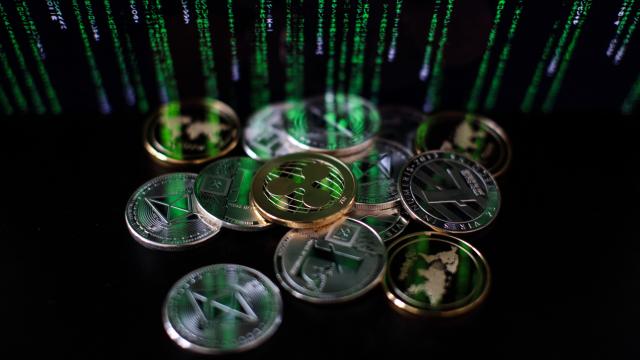After months of rumours, it appears a Facebook cryptocurrency is imminent. Reports last week said its planned launch is slated for June 18, and now it appears that the cryptocurrency, Libra, has some legit backers, according to The Wall Street Journal.
Initial reports stated Facebook put out a call (and a $US10 million [$15 million] fee) for any third-party organisation interested in joining a consortium to manage its proposed cryptocurrency. The WSJ reports that among those that bought in are Visa, Mastercard, PayPal, Uber, Stripe, Booking.com and MercadoLibre, an Argentinian e-commerce site.
Facebook is supposedly looking for $US1 billion ($1.5 billion) to fund the currency, which will be a stablecoin — a type of cryptocurrency pegged to traditional, government-backed currency in order to mitigate volatility.
Legitimate payment institutions buying in to the currency is big for Facebook. With all the negative press behind its handling of privacy, getting well-known backers is a de facto endorsement that lends it an air of credibility.
Still, ahead of Libra’s launch, details are still fuzzy when it comes to how the consortium will operate, how the coin works, and how easy it will be to overcome strict regulatory hurdles in most economically advanced nations.
An early Bloomberg report from last year suggested that Libra was intended for emerging markets — where Facebook’s WhatsApp is popular, remittances are common, the government-backed currency can be volatile, and there’s a decent percentage of the population that’s bank-less.
That jives with leaks from last week that stated users who send money via WhatsApp or Messenger will incur zero fees.
[referenced url=” thumb=” title=” excerpt=”]
What we do know about the consortium is that it’ll reportedly be called the “Libra Association”. As reported by the WSJ, members could act as “nodes” to verify and record transactions.
This would effectively create a new payments network, and that would mean a host of regulatory questions, as well as the potential that, like other cryptocurrencies, it could be used for money laundering and funding terrorism.
That’s especially true, as The Information reported last week you’ll be able to use ATMs to exchange traditional money for Facebook’s cryptocurrency.
Earlier this week, analysts at Royal Bank of Canada wrote in a note to investors that they “believe this may prove to be one of the most important initiatives in the history of the company to unlock new engagement and revenue streams”.
To that end, adding in an independent oversight organisation is a savvy move. It basically gives Facebook somewhat of an out, or at least other entities to blame, if this cryptocurrency catches on and is a total disaster. Meanwhile, payments institutions get a foot in the door and a way to keep tabs on a potential new competing commerce network if it goes well.
In any case, we’ll know more when Facebook is slated to put forth a white paper on the topic next week. The currency itself is expected to launch sometime next year.
